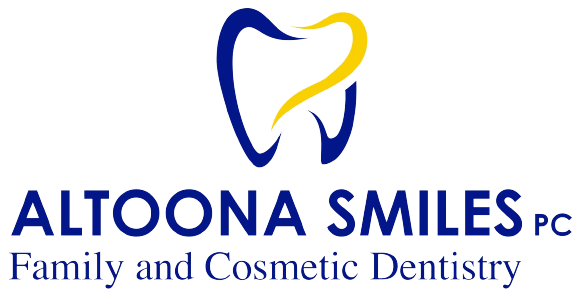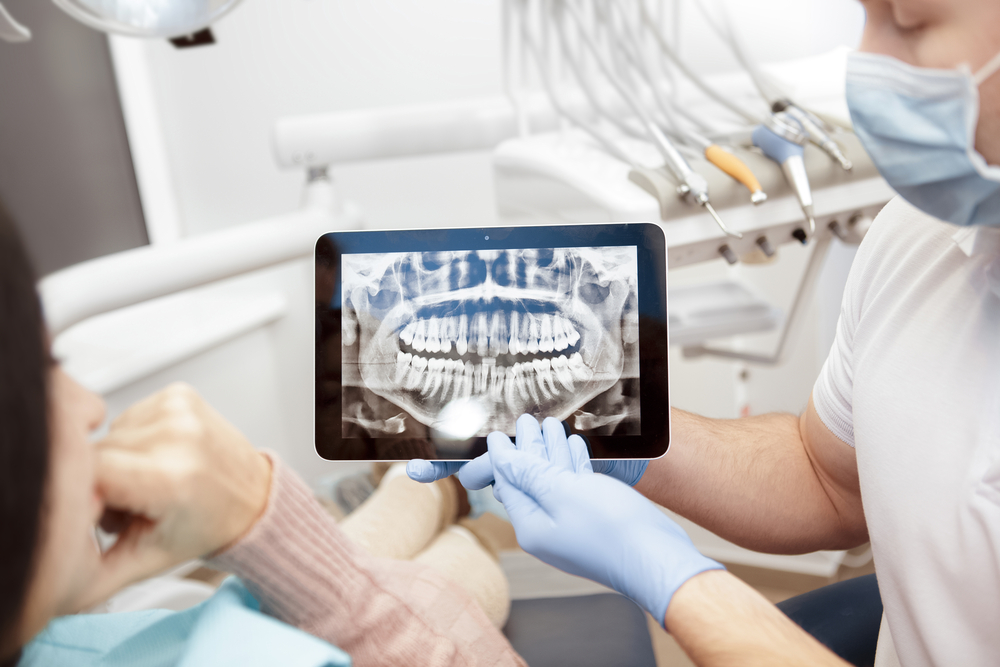October is National Dental Hygiene Month, and we want to make sure you are celebrating in style! This month is all about promoting good oral health and hygiene practices. As the saying goes, an ounce of prevention is worth a pound of cure. That’s why it’s so important to follow some basic dental hygiene tips every day. In this blog post, we will discuss some of the best tips for keeping your teeth healthy and sparkling!
Most people know that oral hygiene is important, but they may not know why. Oral hygiene is important because it helps to prevent cavities, gum disease, and be an early detection for other medical problems. It’s also important for your overall health, since bacteria in the mouth can spread to other parts of the body. By practicing basic dental hygiene, you can keep your teeth healthy and your smile shining.
So, what are some of the best dental hygiene tips? Here are a few of our favorites:
Don’t forget the basics:
The foundation of any good dental hygiene routine starts with brushing and flossing. You’ll spend far more time at home than at the Dentist’s office in life; how you use that time matters! It’s best to brush at least twice a day and floss daily. This habit removes excess plaque, bacteria, and food debris from the surface of the teeth, as well as from in between the teeth and along the gum line. If your teeth spend more time being dirty than clean, it can be a detriment to you future.
Get semi-annual dental exams and cleanings:
In addition to brushing and flossing at home, it’s also important to visit the dentist regularly for professional cleanings and exams. Most dentists, as well as the American Dental Association (ADA), recommend getting a cleaning and exam every six months, or twice a year. During a professional cleaning, your teeth will be thoroughly cleaned with special tools that remove plaque and tartar that have built up over time. In fact, tartar is hardened plaque that cannot be removed with brushing and can only be removed using special dental tools known as scalers. During your semi-annual dental exam, your dentist will also check for any signs of tooth decay, gum disease, or other problems.
Maintain your toothbrush:
In order to practice good oral hygiene, it’s important to keep your toothbrush clean and in good condition. This means that you will need to replace your toothbrush every three to four months, or sooner if the bristles become frayed or discolored. This ensures that your toothbrush remains in good condition to effectively remove plaque. You will also want to rinse your toothbrush after each use, and store it upright in a clean, dry place so that it dries in between uses. Finally, be sure to avoid sharing your toothbrush with others, as this can spread bacteria and infections.
Watch your diet:
What you eat and drink can have a big impact on your oral health. Eating sugary foods and drinks can lead to cavities, while acidic foods and drinks can damage the enamel on your teeth, which can also increase the risk of decay. To help protect your teeth, limit sugary and acidic foods and drinks, and be sure to brush about 20 minutes after consuming them. It is also recommended to drink water whenever possible since water helps keep the mouth clean and neutralizes harsh acids.
In Conclusion
In this blog post, we discussed some of the best dental hygiene tips to help keep your teeth healthy and sparkling. Remember to brush and floss regularly, visit the dentist every six months, maintain your toothbrush, and watch your diet. By following these simple tips, you can help prevent cavities, gum disease, and other dental problems. We hope you found this information helpful and that you will start practicing good oral hygiene today!







